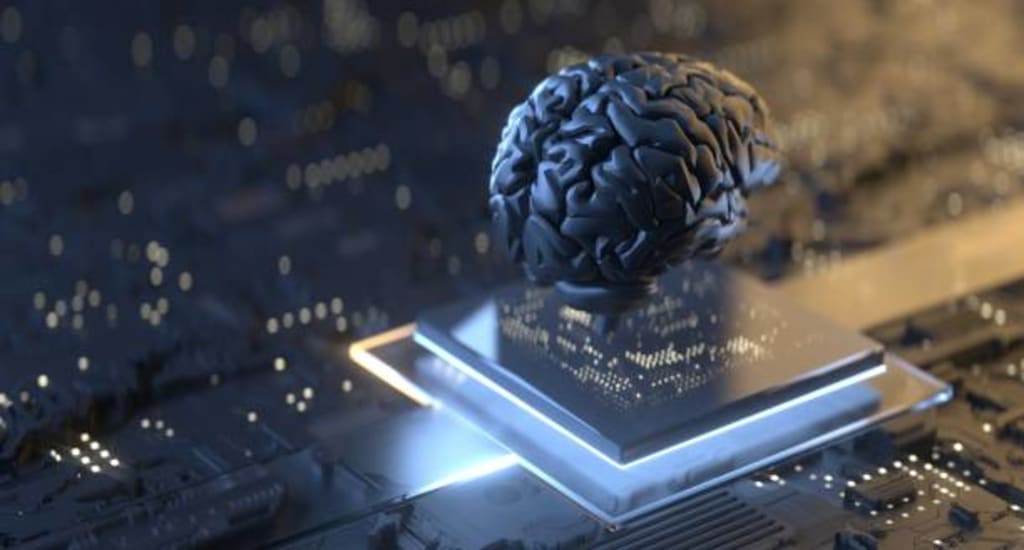
Brain hacking refers to the use of technology to modify or enhance the functioning of the brain. This can include techniques such as transcranial magnetic stimulation (TMS), neurofeedback, and cognitive enhancing drugs. While some see brain hacking as a promising tool for treating neurological disorders and improving cognitive performance, others are concerned about the potential risks and ethical implications of this technology.
One of the main reasons why brain hacking is so controversial is that it involves directly manipulating the brain, which is one of the most complex and least understood organs in the human body. This raises concerns about the potential for unintended consequences and long-term side effects. For example, TMS involves applying a magnetic field to the brain, which can affect the firing patterns of neurons and alter brain function. While this technique has shown promise for treating conditions such as depression, there are concerns about its safety and the potential for long-term effects on the brain.
Another concern with brain hacking is the potential for misuse and abuse of this technology. Cognitive enhancing drugs, for example, have been used by some individuals to improve their cognitive performance, despite the lack of evidence for their safety and efficacy. There are also concerns that brain hacking could be used for nefarious purposes, such as mind control or enhancing the abilities of soldiers or athletes beyond what is considered ethical or fair.
In addition, there are also ethical concerns surrounding brain hacking. For example, the use of cognitive enhancing drugs raises questions about fairness and equity, as some individuals may have better access to these drugs than others. Similarly, the use of TMS for cognitive enhancement or to treat neurological disorders raises questions about the ethics of using a technology that could potentially alter a person's personality or sense of self.
Another concern is the potential for brain hacking to exacerbate existing social inequalities. For example, if cognitive enhancing drugs were to become widely available, it could create a divide between those who can afford them and those who cannot, leading to a further widening of the gap between the rich and poor.
Overall, brain hacking technology is controversial because it raises a number of ethical, social, and safety concerns. While there is potential for this technology to be used for good, such as treating neurological disorders or improving cognitive performance in a safe and ethical manner, it is important to carefully consider the potential risks and ethical implications of this technology before it is widely adopted. This requires a balance between the potential benefits and risks of brain hacking, and a thoughtful consideration of the ethical implications of this technology for society as a whole.
here are some additional points to consider when discussing the controversial nature of brain hacking technology:
One concern with brain hacking is the potential for unintended consequences. For example, while TMS has shown promise for treating depression, there are concerns that it could also have negative effects on the brain, such as inducing seizures or altering the brain's electrical activity in ways that are not fully understood. Similarly, the long-term effects of cognitive enhancing drugs on the brain are not well understood, and there is a risk that they could cause harm to the brain or other organs over time.
Another concern is the potential for brain hacking to be used to manipulate or control individuals. For example, there are concerns that neurofeedback techniques could be used to manipulate a person's thoughts or behavior, or that cognitive enhancing drugs could be used to make individuals more compliant or suggestible. There are also concerns that brain hacking could be used for nefarious purposes, such as creating "super soldiers" or enhancing the abilities of athletes beyond what is considered ethical or fair.
In addition, there are concerns about the impact of brain hacking on personal identity and autonomy. For example, if TMS were to become widely available for enhancing cognitive performance, it could raise questions about the authenticity of a person's thoughts and abilities. Similarly, the use of cognitive enhancing drugs raises questions about whether a person's achievements are truly their own or are the result of a chemical intervention.
Another concern is the potential for brain hacking to exacerbate existing social inequalities. For example, if cognitive enhancing drugs were to become widely available, it could create a divide between those who can afford them and those who cannot, leading to a further widening of the gap between the rich and poor. Similarly, if brain hacking were to be used to create "super soldiers," it could create an unfair advantage for certain countries or military organizations.
Overall, the controversy surrounding brain hacking technology reflects the complex ethical, social, and safety issues that arise when we seek to alter the functioning of the brain using technology. While there is potential for this technology to be used for good, such as treating neurological disorders or improving cognitive performance in a safe and ethical manner, it is important to carefully consider the potential risks and ethical implications of this technology before it is widely adopted. This requires a nuanced and thoughtful discussion about the appropriate uses of brain hacking technology, as well as the safeguards and regulations needed to ensure its safe and ethical use.
About the Creator
9FunFacts
belief in or acceptance of something as true.
Reader insights
Outstanding
Excellent work. Looking forward to reading more!
Top insights
Compelling and original writing
Creative use of language & vocab
Easy to read and follow
Well-structured & engaging content
Excellent storytelling
Original narrative & well developed characters
Expert insights and opinions
Arguments were carefully researched and presented
Eye opening
Niche topic & fresh perspectives
Heartfelt and relatable
The story invoked strong personal emotions
Masterful proofreading
Zero grammar & spelling mistakes
On-point and relevant
Writing reflected the title & theme






Comments (2)
good
Good explanation